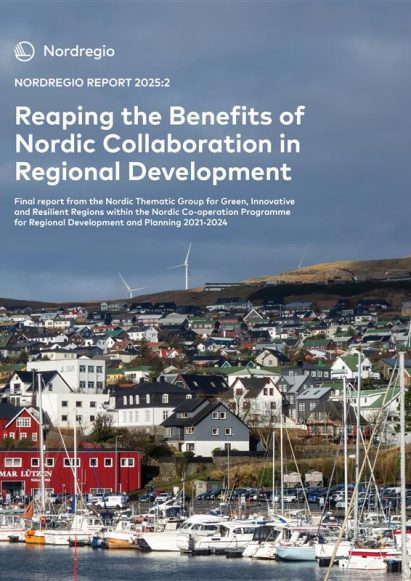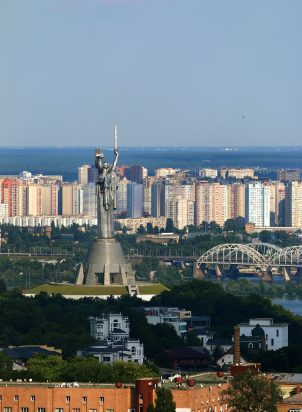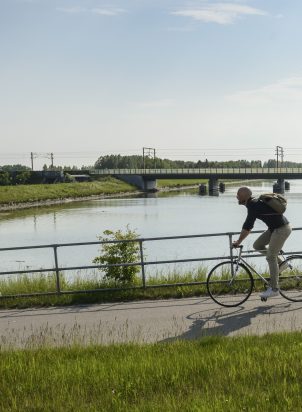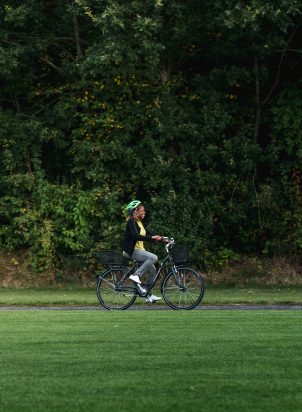This final report captures four years of accumulated work by the Nordic Thematic Group for Green, Innovative, and Resilient Regions (2021–2024). Research topics include green innovation systems, remote work post-pandemic, competence mobility, socially sustainable tourism, and collaborative leadership.
A wide range of outputs, from policy briefs to case studies and webinars, have been delivered during the course of the programme period. The collaborative approach has enhanced knowledge-sharing and policy-making, supporting the Nordic Council of Ministers’ vision to make the Nordic Region the most sustainable and integrated in the world by 2030.
Background
The thematic group operates under the Nordic Co-operation Programme for Regional Development and Planning (2021–2024), with the following objectives:
- Generate new knowledge on regional green, innovative, and resilient development.
- Act as a knowledge exchange hub for regional stakeholders.
- Contribute to the Nordic vision through research dissemination and policy dialogue.
Participants included Nordregio researchers and national, regional, and cross-border representatives, who developed insights aligned with Nordic regional goals on competitiveness, labour markets, and freedom of movement.
Research conclusions:
- Green Innovation Systems: Mission-oriented policies can mobilize actors for systemic change, though risks of path dependence exist. The GRINGO projects highlighted the importance of tailored, place-based innovation policies.
- Remote Work and Multilocality: Remote work patterns, accelerated by the pandemic, reshape urban-rural dynamics and labor mobility, requiring policymakers to consider sustainable housing, transportation, and regional planning.
- Competence Mobility: Nordic freedom of movement is underutilized, with barriers like taxation and bureaucracy limiting cross-border workforce integration. Insights on youth migration reveal opportunities for revitalizing rural regions.
- Socially Sustainable Tourism: Tourism benefits local economies but can strain communities without inclusive planning. Social equity and cultural preservation are essential for sustainability.
- Collaborative Leadership: Effective regional development depends on strong leadership networks and long-term collaboration platforms, with clear roles and thematic approaches to unite stakeholders.
Impact
The group facilitated over 100 knowledge-sharing activities, including at the Nordregio Forum, webinars, and a roadshow of local and national level presentations. Outputs such as reports and case studies enhanced policy discussions, supported regional strategies, and advanced Nordic added value through shared learning and best practices.
The work not only advances the Nordic vision but also strengthens networks and capacity for regional development, showcasing the strategic importance of collaboration across sectors and countries.









